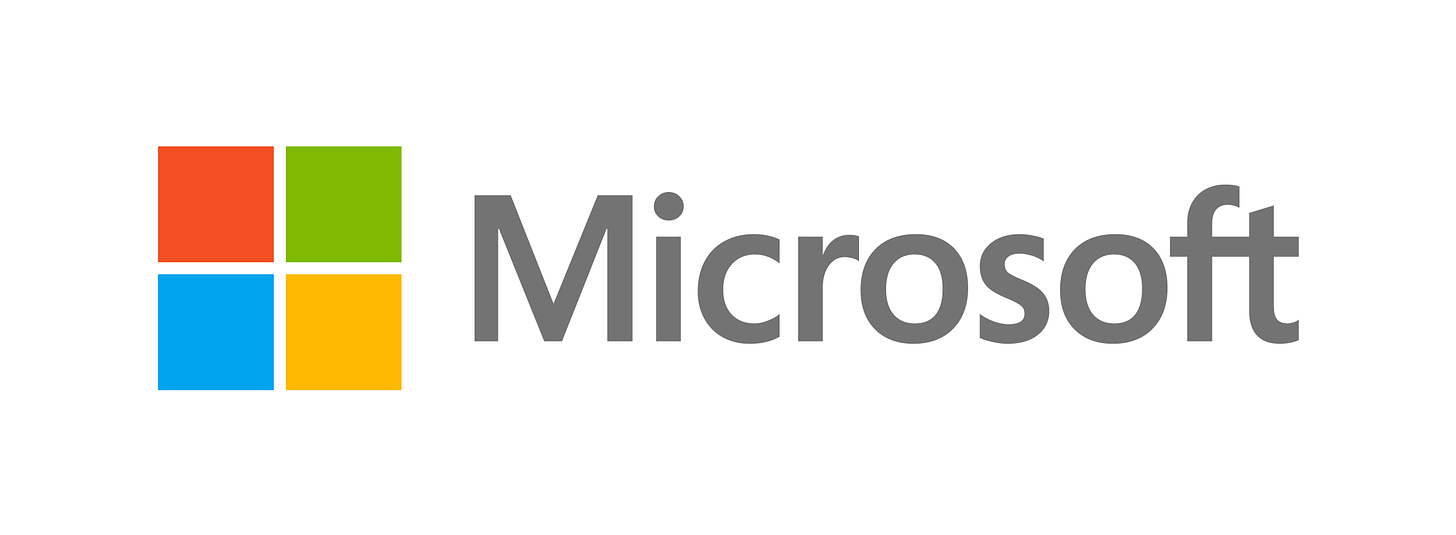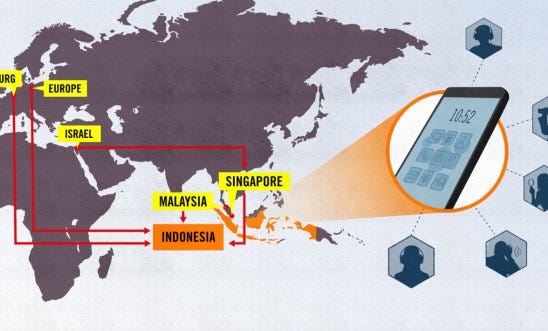This week in Cybersecurity… 🗞️
Major Data Breach Compromises Personal Details of UK Military Personnel
A significant data breach has compromised the personal details of UK military personnel. The breach involved a payroll system managed by an external contractor. The exposed data includes the names, bank details, and, in some cases, personal addresses of current and former members of the Royal Navy, Army, and Royal Air Force.
The Ministry of Defence (MoD) has taken the affected system offline. It is currently investigating, with Defence Secretary Grant Shapps set to discuss the incident and proposed security measures in an upcoming parliamentary update. This breach underscores ongoing cyber-security concerns amidst increasing threats.
The Strategic Role of Open Source Intelligence in Enhancing Cybersecurity
This article from SpecialEurasia discusses the critical role of Open Source Intelligence (OSINT) in modern cybersecurity frameworks. It explains how OSINT contributes to penetration testing, red teaming, digital forensics, and threat intelligence by leveraging publicly available data to identify and mitigate security vulnerabilities.
Real-world examples highlight OSINT's practical applications in safeguarding against cyber threats, emphasising its importance in a comprehensive cybersecurity strategy and the ongoing battle against cybercrime.
The Rising Cybersecurity Concerns for Children in the Digital Age
As discussed in a recent Newstalk article, the cybersecurity of children has become a pressing concern for both parents and policymakers. The digital age has brought unique challenges that require vigilant supervision and proactive educational efforts.
Alex Cooney, CEO of CyberSafeKids, highlights the urgency of addressing these issues, emphasising the widespread use of smart devices by children from a very young age and calling for an increased focus on digital safety measures to protect the vulnerable in our increasingly connected world.
Microsoft Commits to Comprehensive Cybersecurity Overhaul
Microsoft has announced extensive cybersecurity improvements following severe critiques of its security practices highlighted by the Cyber Safety Review Board.
The initiatives, led by Microsoft Security EVP Charlie Bell, include assigning deputy CISOs to every product team, tying a portion of senior leaders' salaries to cybersecurity advancements, and bolstering the Secure Future Initiative. This strategic push aims to enhance cloud vulnerability patching, improve identity management, and organise software assets, reflecting Microsoft’s prioritisation of security over all other product features.
The High Cost of Cyber Insecurity: Financial Implications for SMBs
A recent report from The Hacker News details the daunting financial burdens that cyberattacks impose on small and medium-sized businesses (SMBs). The analysis underscores that the costs of recovering from cyber incidents frequently exceed those of preemptive cybersecurity investments.
The article indicates that many SMBs lack sufficient cybersecurity infrastructure, including dedicated personnel and comprehensive incident response strategies. It recommends that SMBs adopt managed endpoint detection and response (EDR) solutions as a cost-effective measure to fortify their defences against escalating cyber threats.
Indonesia Identified as a Hub for International Spyware Trade
Amnesty International's latest research reveals Indonesia as a significant hub for distributing invasive surveillance technologies. According to the report, since 2017, Indonesia has imported spyware from countries including Israel and Singapore, involving companies like Q Cyber-Technologies and FinFisher.
The spyware, used to mimic political and media entities, poses a severe risk to civil liberties, mainly targeting journalists and activists. Amnesty emphasises the need for accountability to protect civil society from unlawful surveillance threats in Indonesia.
UnitedHealth Pays $22 Million Ransom in Major Healthcare Cyberattack
UnitedHealth Group CEO Andrew Witty confirmed that the company paid a $22 million ransom following a cybersecurity breach at its subsidiary Change Healthcare. The breach, which compromised patient and provider data, led to significant disruptions, including prescription fillings and payments issues.
Addressing the U.S. Senate Committee on Finance, Witty disclosed that the breach was due to inadequate security measures, specifically the lack of multi-factor authentication. UnitedHealth has since improved security protocols and is collaborating with regulators to mitigate the fallout and prevent future incidents.
Dell Alerts 49 Million Users to a Monumental Data Breach
Dell has issued warnings to 49 million customers about a significant data breach. A hacker claimed to have accessed a vast amount of personal information, including purchase data, through unauthorised access to a Dell portal.
The stolen data includes names, addresses, and details of purchased hardware, though no financial data was compromised. Dell has responded by engaging a third-party forensics firm, implementing incident response measures, and notifying law enforcement, assuring that the risk to customers remains minimal.
Enjoyed this week’s digest? Why not share it with a friend? Let these topical events lead your security conversations, and become the expert. Oh, and don’t forget to subscribe :)












